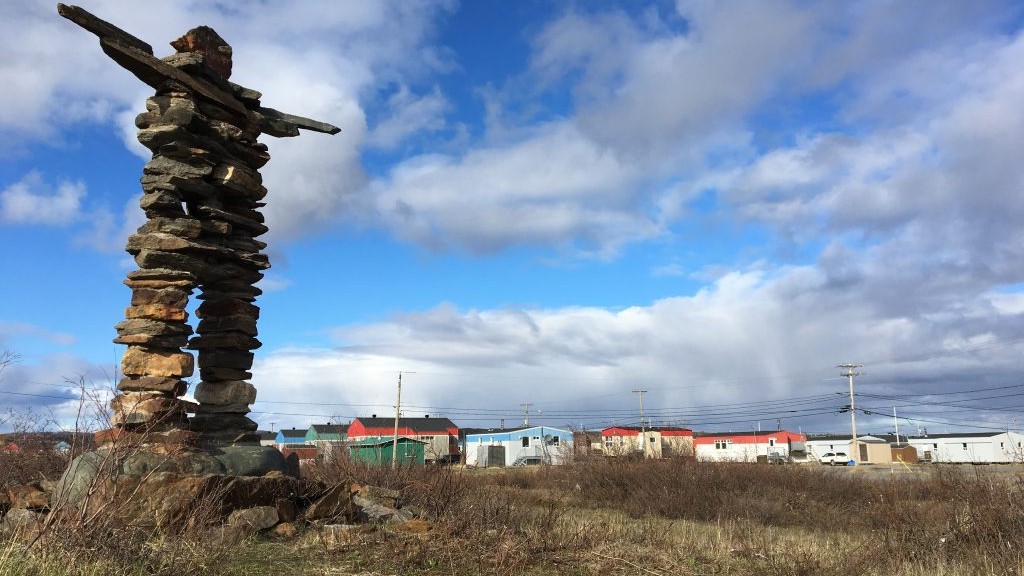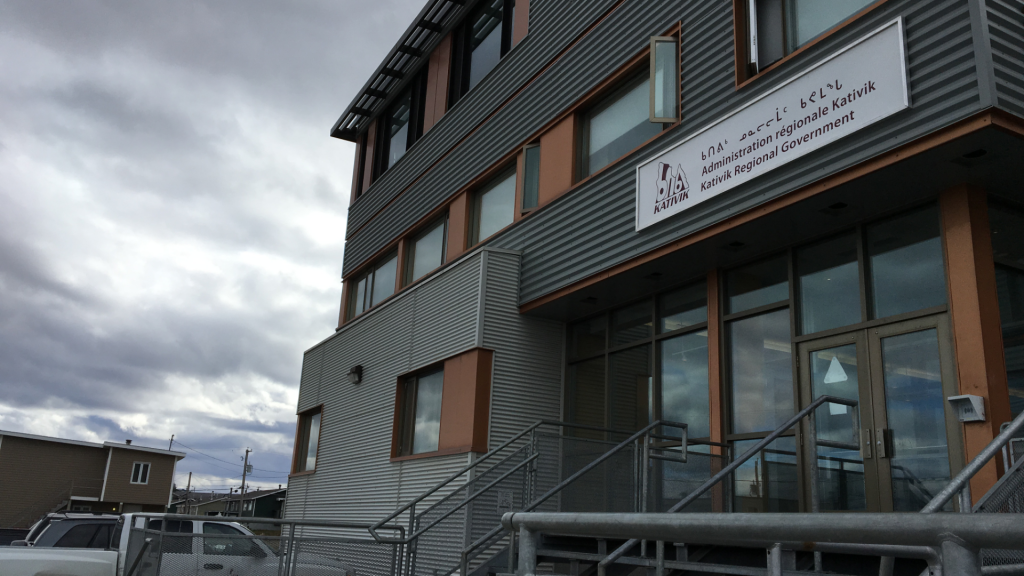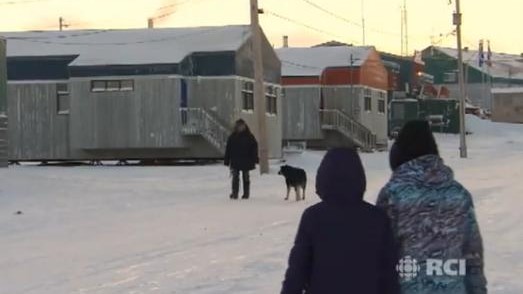$123.9 million additional funding announced for high-speed internet in Arctic Quebec

An additional $123.9 million for better internet service in Nunavik, the Inuit region of Arctic Quebec, was announced on Wednesday, by the Quebec, federal and Kativik Regional Government (KRG).
The money is on top of the approximate $125 million previously announced since 2018.
” Access to high-speed internet is no longer just a luxury item for Canadians living in the large rural areas, this is an essential service for everyone, including Nunavimmiut [people from Nunavik],” Lucy Kumarluk, KRG vice-president said at a virtual news conference.
“The demand for digital services is rapidly increasing and high-speed internet access has become vital to the success of individuals and communities.”
Kumarluk was joined by Quebec government ministers and a representative of Tamaani Internet, the internet provider in Nunavik, for the announcement.
Among the monies announced by different levels of government, include:
- $79.9 million to extend the submarine fibre optic network allowing the communities of Akulivik, Ivujivik, Salluit and Kangiqsujuaq to get high-speed internet access
- $29.1 million to build a fibre optic transmission network between Kawawachikamach, a community near Schefferville, Quebec, and Kuujjuaq in Nunavik, that would allow 1,119 households in Kuujjuaq to access high-speed internet
- $5.9 million to renew the satellite transmission network in Nunavik
Pandemic impacts
The majority of internet across Canada’s Arctic is satellite. Anything from heavy rain to blizzards can interrupt service. Download times can be slow, with big files sometimes impossible. Over the last decade, the lack of connectivity has increasingly been flagged as a major impediment to everything from business development and education in the North.
Nunavik has a population of approximately 13,000 people, with 14 communities in the region.
All the communities are fly-in only and the negative impacts of lack of high-speed internet during the pandemic were brought into stark relief as people were ordered to work from home and many schools opted for online learning.

Kumarluk says the investments announced on Wednesday will go along way towards knocking down the internet divide between Nunavik and the rest of the Canada.
“Access to high-speed internet will break down the digital divide and allow for improved socio-economic benefits, job creation and public safety, not to mention improving household online experience, allowing multiple connected devices at the same time.
“[The announced funding] will allow the KRG to develop new high speed, high capacity broadband network in Nunavik, leading to improved tele-health, tele-education and tele-justice.”
Aiming for 2025 completion

The laying of a fibre optic network in Nunavik is already in the works.
A 1,193-km fibre-optic transmission network is already installed along the eastern coast of Hudson Bay connecting the Cree community of Whapmagoostui, and the Nunavik communities of Kuujjuarapik, Umiuaq, Inukjuaq and Puvirnituq.
Akulivik, Ivujivik, Salluit are expected to be connected by December 2023.
Supply chain issues may affect the time line of when remaining communities are connected, but it’s hoped all 14 communities will have access to high-speed internet by 2025.
Write to Eilís Quinn at eilis.quinn(at)cbc.ca
Related stories from around the North:
Canada: Canadian PM promises to connect 98% of Canadians, including in North, to high-speed internet by 2026, CBC News
Norway: New satellites to boost communications in Arctic Norway, The Independent Barents Observer
Russia: Russian military to get fast, secure internet through trans-Arctic cable, The Independent Barents Observer
United States: Fibre optic network to connect Alaska with rest of United States, Alaska Public Media




Is the StarLink system put up by SapceX being overlooked?